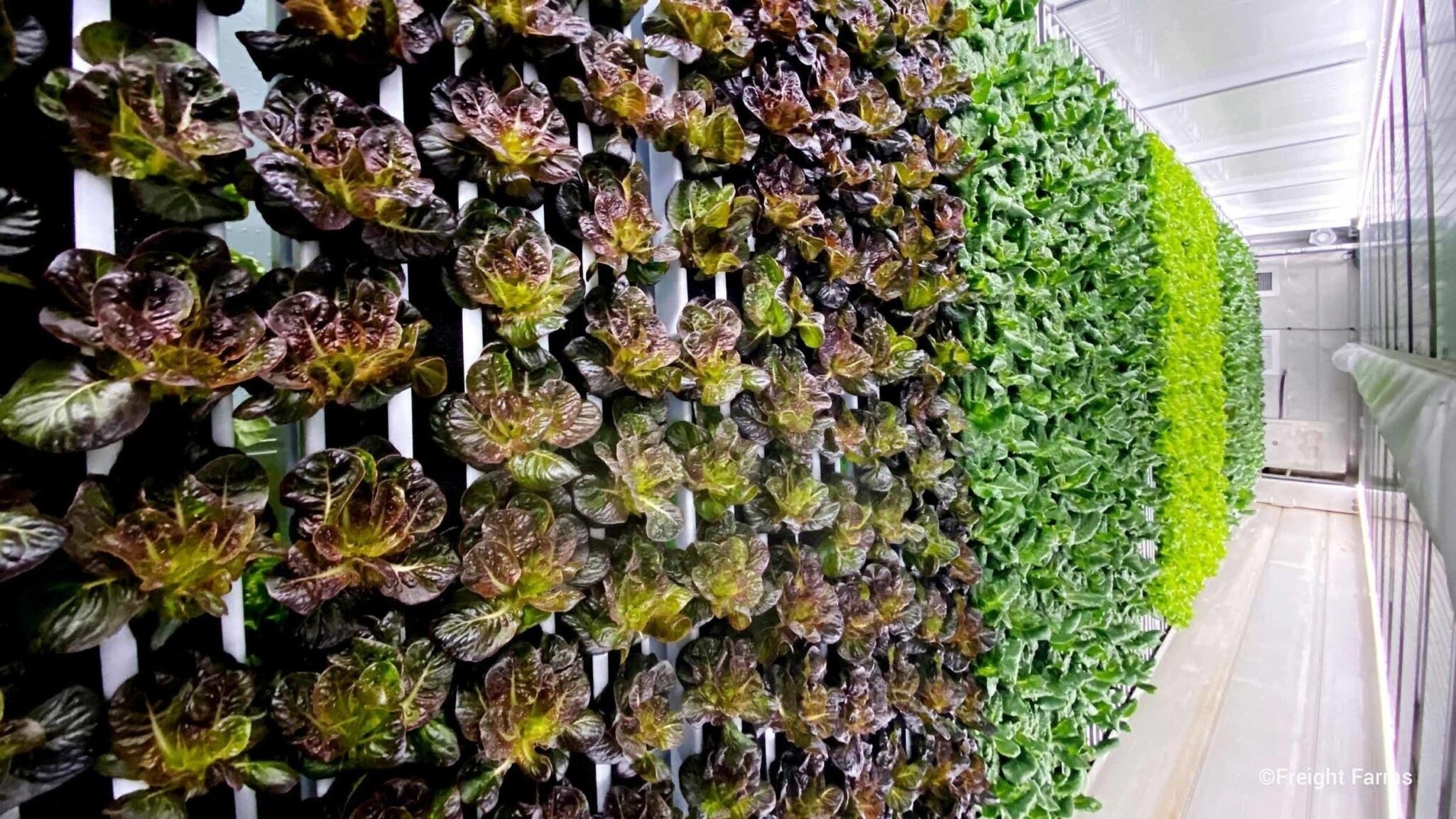Key Takeaways
- Freight Farms ceased operations on April 30, 2025, discontinuing services and support after 13 years in container-based vertical farming.
- The shutdown follows the termination of a proposed merger in 2024, significant layoffs, and ongoing financial pressures.
- Customers will lose access to cloud-based services and technical support, though local farm operations may continue.
- Freight Farms joins a growing list of vertical farming and AgTech companies—including Bowery Farming, Plenty, Jones Food Company, and Benson Hill—that have recently ceased operations or entered bankruptcy.
- The company’s modular container farms were deployed in 39 countries, aimed at bringing resilient local food production to underserved markets.
Freight Farms Shuts Down Following Terminated Merger and Layoffs
Freight Farms, once a recognized leader in containerized vertical farming solutions, announced it ceased operations on April 30, 2025. In a statement shared with customers, the company expressed gratitude for the opportunity to serve growers globally and acknowledged the significant impacts the shutdown may have on users.
“Serving you over these last 13 years has been our deepest honor,” the company noted in an email addressed to all its clients.
The shutdown follows a period of financial strain, including the termination of a proposed merger with Agrinam Acquisition Corporation in late 2024 and widespread layoffs earlier this year.
Impacts on Customers and Operations
With Freight Farms ceasing activities, various services are no longer available or will soon be phased out:
| Service | Status |
|---|---|
| farmhand® Cloud Software | Remote access, monitoring, alerts, and historical data expected to become unavailable. |
| Local Operation (farmhand® Hub and Modules) | Still possible with existing equipment and infrastructure. |
| Knowledge Base and Academy | Archived support articles have been made available. |
| Community and Forums | Official platforms closed; discussions continue on Reddit and Facebook. |
| Technical Support and Parts | Discontinued. Users directed to community-based resources. |
A court-appointed trustee will handle future communications regarding remaining matters.
From Growth and Investment to Market Headwinds
Founded to enable year-round local food production using shipping containers, Freight Farms became a notable player in the controlled environment agriculture (CEA) sector. Its model supported operations in 39 countries, serving commercial, nonprofit, education, and hospitality customers.
In 2022, the company announced a $17.5 million Series B3 funding round led by Aliaxis and Ospraie Ag Science, aimed at expanding global reach, enhancing product development, and scaling its farm automation software, farmhand®.
By that time, Freight Farms had experienced substantial growth, with revenue reportedly increasing 13 times since a prior funding round.
Freight Farms Among Series of Recent AgTech and Vertical Farming Closures
Freight Farms’ closure reflects broader challenges across the vertical farming and AgTech industries. The company now joins a number of other operators that have ceased operations or entered bankruptcy in recent months, including:
These developments highlight ongoing sector headwinds, including:
- High operational and energy costs
- Supply chain disruptions
- Difficulty achieving profitability at scale
- Shifts in investor sentiment towards AgTech ventures



3 Comments